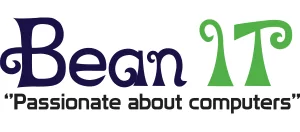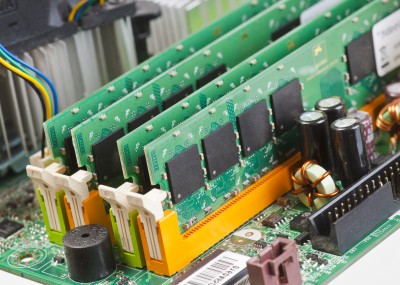Why should I consider a server for my business or home office?
What is a server?
A server is commonly a dedicated computer, offering centralised services to the network. The server receives requests from the client PCs e.g. your or your colleague’s computer, and serves the request back to the requesting computer. The server might not appear any different than a standard desktop but inside they’re designed for very different tasks. A standard desktop is designed to run single user applications such as a spreadsheet or web browser. Servers are designed for multi-user applications such as shared databases, print servers and email.
Why should I get a server?
Almost all businesses have a server in some sense whether it’s on site or through the cloud. The reason for this is the many things they can bring to your business to increase productivity. The most notable is the ability to access the same document on multiple machines and share data and files between each other safely and securely. Added benefits to having a server include hosting a company intranet to sharing information with employees quickly and efficiently. Servers have the ability to automatically backup your desktop and laptop so you don’t lose vital files and resources for your business.
Servers let you setup a private virtual network, which enables you and your employees to access company data remotely.
When should I start using a server for my organisation?
Depending on your company’s circumstances, we recommend you start considering a server when your business grows to more than 3-5 employees.
If you find there is a demand to share files, prevent files from duplicating inaccurately or find you require a central hub to connect all the users together, it’s time to start considering a server.
Servers offers much more than just sharing files. Servers are capable of running many programs and can centralise your hardware such as sharing a printer. Sharing your files and hardware has evident benefits such as increasing productivity and helping your organisation grow. Servers are able to grow alongside your business to meet your needs.
Are there cheaper alternatives?
One of the most popular alternatives to a conventional server is using the cloud. The cloud is a service offered to many businesses to cut down the costs of running a server. There are many advantages to choosing the cloud, such as the cost. The initial investment required is far less however, you will need to pay monthly or yearly fees for this service. Using the cloud to store data will remove the need to hire an on-site server admin to maintain the server. This is potentially huge for small organisations.
This option requires a lot of research as it is not without its risk. If the company you chose for your hardware suffers a disaster or shuts down, you could find yourself unable to do business with lack of access to your server. An Internet connection is required at all times to access cloud servers. If there is a temporary internet lose, you will be unable to access associated saved data.
Another alternative is a NAS device which is in effect a miniaturised server that can perform many of the tasks, without costing as much money.
To discuss your server and cloud requirements, email info@beanit.co.uk or call 0121 667 8977






